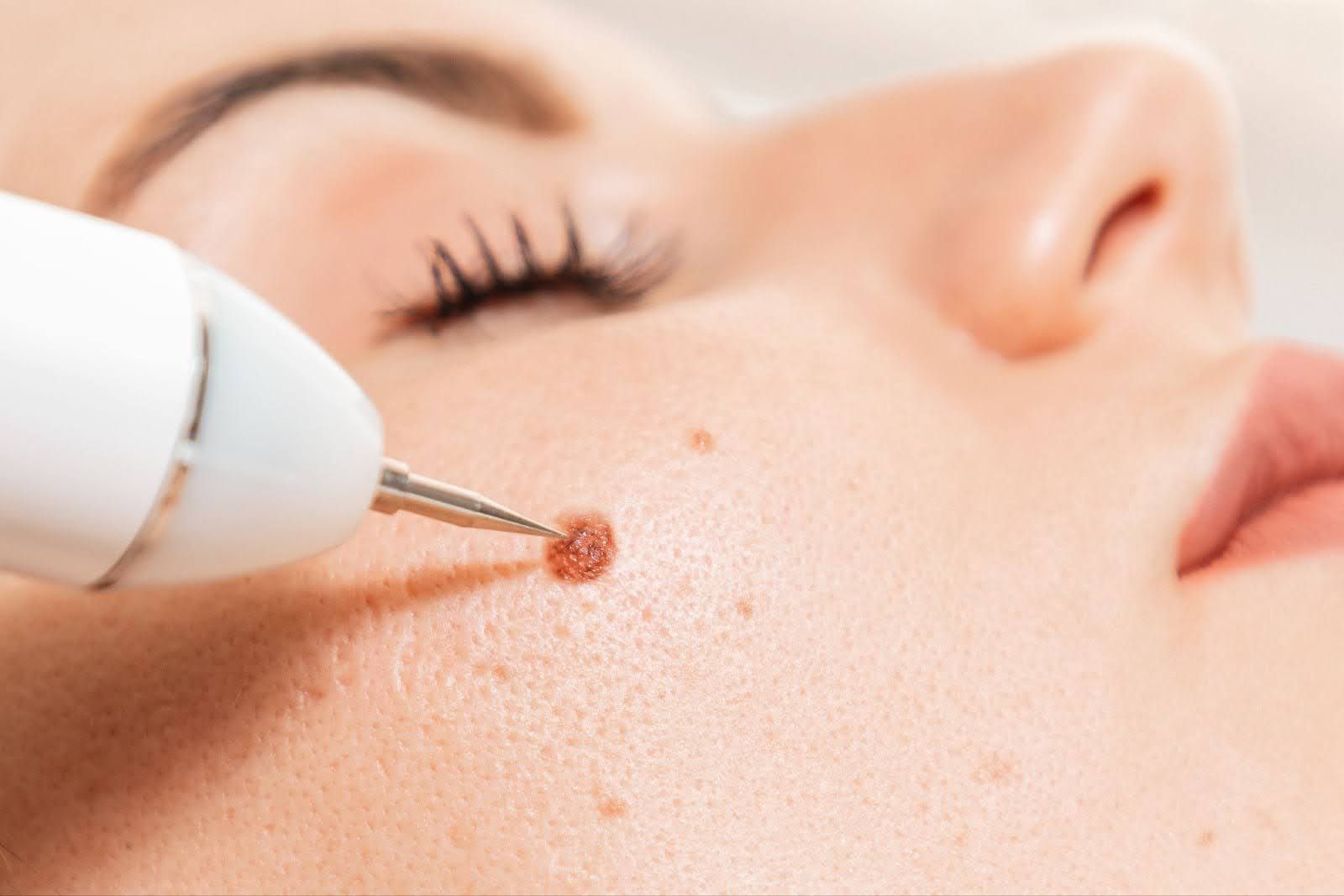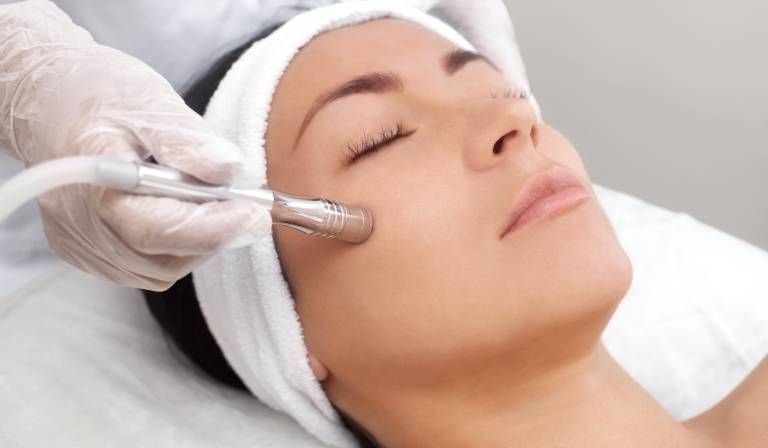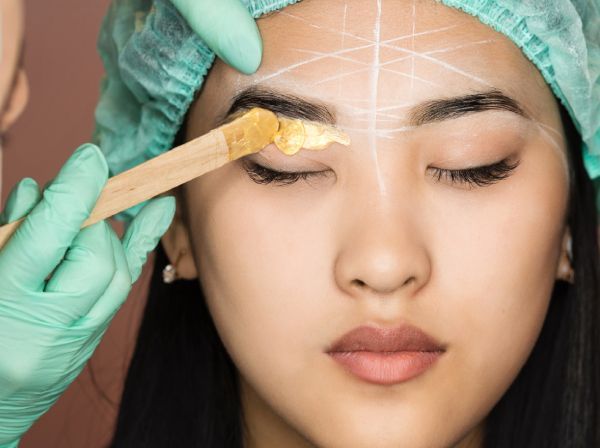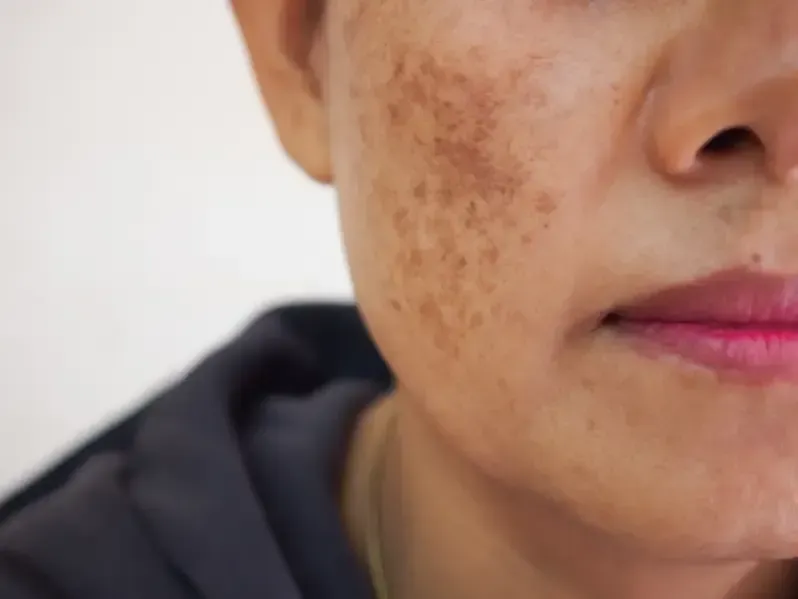What Is Hyperpigmentation: A Comprehensive Guide

Do you have patches of darker skin on your face? You're not alone! Hyperpigmentation is a common skin concern that many people face. You're in the right place if you're wondering what causes and how to address it.
While eliminating hyperpigmentation can be challenging, there are steps you can take to reduce its appearance and prevent further discoloration, helping your skin look more youthful. Keep reading to learn more about hyperpigmentation, its causes, and treatment options.
What is hyperpigmentation?
Hyperpigmentation is a common skin condition characterized by the darkening of patches of skin due to excess melanin production. It can occur for various reasons, including sun exposure, hormonal changes, and skin injuries.
What is hyperpigmentation?
Hyperpigmentation appears as dark patches or spots on the skin that are typically darker than the surrounding skin. These patches can vary in size and shape and are usually flat.
Who can develop hyperpigmentation?
Anyone can develop hyperpigmentation, but it is more common in individuals with darker skin tones. This is because individuals with more melanin in their skin are more prone to developing excess pigmentation, leading to conditions such as melasma, post-inflammatory hyperpigmentation, and sunspots.
What are the types of hyperpigmentation?
Hyperpigmentation refers to the darkening of the skin, which can occur due to various reasons.
The types of hyperpigmentation include:
- Sunspots (Solar Lentigines): Also known as liver spots or age spots, these are caused by prolonged sun exposure and typically appear on areas of the skin that are frequently exposed to the sun, such as the face, hands, and arms
- Post-Inflammatory Hyperpigmentation (PIH): This type of hyperpigmentation occurs after inflammation or injury to the skin, such as acne, eczema, or a cut or burn. It is more common in people with darker skin tones.
- Melasma: Melasma causes brown or gray-brown patches to appear on the face, particularly on the cheeks, forehead, nose, and upper lip. It is often associated with hormonal changes, such as pregnancy or birth control pill use, and is more common in women.
- Freckles: Freckles are small, flat, tan, or light brown spots that often appear on sun-exposed areas of the skin, particularly in people with fair skin.
- Drug-Induced Hyperpigmentation: Certain medications, such as some antibiotics, anti-seizure drugs, and chemotherapy drugs, can cause hyperpigmentation as a side effect.
- Underlying Medical Conditions: Some medical conditions, such as Addison's disease, can cause hyperpigmentation as a symptom.
It's important to consult a dermatologist or licensed esthetician for an accurate diagnosis and appropriate treatment for hyperpigmentation.
What causes hyperpigmentation?
Hyperpigmentation is caused by an increase in melanin, the pigment that gives skin its color.
Several factors can contribute to this increase, leading to different types of hyperpigmentation:
- Sun Exposure: Ultraviolet (UV) rays from the sun stimulate melanin production, leading to tanning and the formation of sunspots or freckles.
- Hormonal Changes: Hormonal fluctuations, such as those during pregnancy (melasma or chloasma), menopause, or while taking hormonal medications (e.g., birth control pills), can trigger melanin production.
- Inflammation and Skin Trauma: Injuries to the skin, such as acne, cuts, burns, or inflammatory skin conditions like eczema or psoriasis, can cause post-inflammatory hyperpigmentation (PIH).
- Genetics: Some people are more prone to developing hyperpigmentation due to genetic factors.
- Medications and Chemicals: Certain medications, such as some antibiotics, antiseizure drugs, and chemotherapy drugs, can cause hyperpigmentation as a side effect. Contact with certain chemicals or cosmetics can also lead to skin discoloration.
- Skin Type: Individuals with darker skin tones (Fitzpatrick skin types III-VI) are more prone to developing hyperpigmentation, including melasma and PIH.
- Medical Conditions: Certain medical conditions, such as Addison's disease, can cause hyperpigmentation as a symptom.
How to treat hyperpigmentation?

Treating hyperpigmentation involves a combination of topical treatments, procedures, and lifestyle changes.
Here are some common approaches:
- Sun Protection: Use sunscreen with a high SPF (30 or higher) every day, even on cloudy days, and reapply every two hours or more frequently if swimming or sweating. Wear protective clothing and seek shade when outdoors.
- Topical Treatments:
- Hydroquinone: A skin-lightening agent that can reduce the production of melanin. It's available in prescription (4%) strengths.
- Retinoids: These can help fade dark spots by increasing cell turnover and promoting the shedding of pigmented skin cells.
- Azelaic Acid: Helps to normalize the skin's melanin production and has anti-inflammatory effects.
- Vitamin C: A potent antioxidant that can help lighten hyperpigmentation and protect the skin from further damage.
- Chemical Peels: A chemical solution is applied to the skin to exfoliate the outer layer, revealing a brighter, more even-toned complexion. Peels containing glycolic acid, salicylic acid, or lactic acid are commonly used for hyperpigmentation.
- Microdermabrasion: This procedure uses a device to exfoliate the skin, improving its texture and appearance gently. It can help reduce the appearance of hyperpigmentation.
- Laser Therapy: Various laser treatments, such as intense pulsed light (IPL) therapy and fractional laser resurfacing, can target and lighten hyperpigmented areas.
- Microneedling: This procedure involves using a device with fine needles to create tiny punctures in the skin. This stimulates collagen production and can improve the appearance of hyperpigmentation.
- Cosmetic Camouflage: Makeup can be used to conceal hyperpigmented areas, providing a temporary solution.
How long does it take for hyperpigmentation to go away?
The duration of hyperpigmentation can vary depending on the cause and treatment. It may fade over several months to years, but some types of hyperpigmentation, such as melasma, can be persistent.
Does retinol help with hyperpigmentation?
Retinol, a form of vitamin A, can help improve hyperpigmentation by promoting skin cell turnover and reducing the appearance of dark spots. However, results may vary, and it is important to use retinol as directed and with sun protection.
How to prevent hyperpigmentation?
Preventing hyperpigmentation involves protecting your skin from the sun, avoiding skin trauma, and addressing underlying health conditions.
Here are some preventive measures:
- Sun Protection:
- Use a broad-spectrum sunscreen with SPF 30 or higher daily, even on cloudy days.
- Reapply sunscreen every two hours or immediately after swimming, sweating, or towel drying.
- Wear protective clothing, such as hats and sunglasses, and seek shade during peak sun hours (10 a.m. to 4 p.m.).
- Avoid Skin Trauma:
- Treat acne and other skin conditions promptly to reduce the risk of post-inflammatory hyperpigmentation.
- Be gentle with your skin and avoid picking or scratching at blemishes or wounds.
- Manage Hormonal Changes:
- If you're pregnant or taking hormonal medications, consult with your healthcare provider to manage any skin changes, such as melasma.
- Use Gentle Skin Care Products:
- Avoid harsh chemicals and abrasive scrubs that can irritate the skin and potentially lead to hyperpigmentation.
- Consider Topical Treatments:
- If you have a history of hyperpigmentation, using topical treatments with ingredients like vitamin C, retinoids, or hydroquinone may help prevent future pigmentation issues.
- Maintain a Healthy Lifestyle:
- Eating a balanced diet rich in antioxidants and vitamins can support overall skin health.
- Stay hydrated and get enough sleep to support skin regeneration and repair.
- Consult with a Dermatologist:
- If you have a family history of hyperpigmentation or are prone to developing it, consider seeing a dermatologist or licensed esthetician for personalized advice on prevention.
Should I ever seek medical care for hyperpigmentation?
If hyperpigmentation is sudden, severe, or accompanied by other symptoms like itching, bleeding, or changes in size or shape, it's advisable to seek medical care to rule out underlying conditions like skin cancer. Additionally, if over-the-counter treatments are not effective, a dermatologist or a licensed esthetician at Tala Wellness Studio in Summerville, SC, can provide further evaluation and treatment options.











